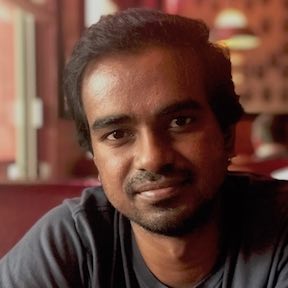An important line of study in formal semantics, philosophy, and AI investigates how language is used to represent knowledge of kinds, regularities and patterns. For instance, how do we know that lions roar describes a generalization about a kind of thing (lions), while those lions roared describes a specific event in which particular lions participated?
In this line of work, we propose a novel framework for capturing linguistic expressions of generalization. We suggest that linguistic expressions of generalization should be captured in a continuous multi-label system, rather than a multi-class system. We do this by decomposing categories such as EPISODIC, HABITUAL, and GENERIC into simple referential properties of predicates and their arguments.
Data
| Train | Dev | Test | Download | Citation |
|---|---|---|---|---|
| 26721 | 3274 | 3119 | pred (zip) | Govindarajan et al. 2019 |
| 30035 | 3611 | 3500 | arg (zip) | Govindarajan et al. 2019 |
References
Researchers
 Venkata Subrahmanyan G |
 Aaron Steven White |
 Benjamin Van Durme |